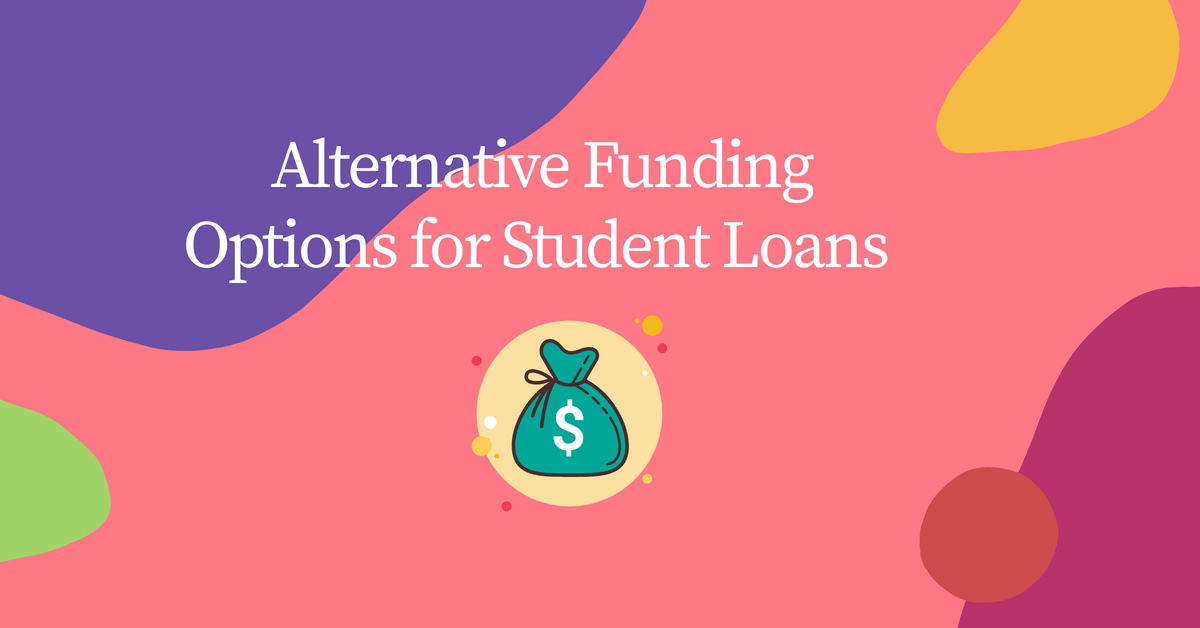Alternative Funding Options for Student Loans
 Getting a college education opens doors to future possibilities, but it also leaves many people with student debt. Depending on your loans, it could mean paying hundreds of dollars every month and fighting high interest rates after graduation. Whether you’re preparing to start college or have already received your degree, this guide explains alternative financing for student loans and provides a few tips that might make your life a little easier.
Getting a college education opens doors to future possibilities, but it also leaves many people with student debt. Depending on your loans, it could mean paying hundreds of dollars every month and fighting high interest rates after graduation. Whether you’re preparing to start college or have already received your degree, this guide explains alternative financing for student loans and provides a few tips that might make your life a little easier.
1. Apply for Scholarships
Earning a diploma gives you in-depth knowledge about your favourite subject so you’re more than prepared to enter the workforce. You’ll always have a solid resume to back up your job applications, but that won’t seem worth your time if you have no way to avoid tens of thousands of dollars in student debt.
Scholarships are the first option to explore if you’d prefer nongovernment loans. They cover a portion or all of your tuition for a designated period, which could change your life.
Research scholarships that are available to you and check your qualifications. Factors like income, race and gender could make it more likely for you to receive funding you don’t have to pay back.
2. Look Into Grants
Grants are other no-government loans funded by private donors and organizations. You could qualify for a merit-based grant because of your academic performance or apply for a need-based grant that considers your family income. You’ll need to find funding for your specific degree program as well, so figure out what you’ll study before starting any applications.
3. Find Work-Study Opportunities
Anyone who’s already in school can search for work-study opportunities. They’re available specifically for students who need a part-time income to pay student loans and other expenses that won’t wait until after graduation. Many positions are on-campus, so you shouldn’t have to pay for transportation to make money. It’s an excellent form of student loan funding because the university will work with your class schedule and prioritize people who need the most help.
4. Explore Government-Sponsored Loans
Government-sponsored loans have two forms — subsidized and unsubsidized. Subsidized loans won’t accrue interest before you graduate and have lower interest rates. Unsubsidized loans work best for graduate students who may or may not have significant financial needs.
There are numerous alternative funding options for student loans. Consider your situation to discover the best path forward. Whether you’re in school or well into your career, financial relief is right around the corner.
About the Author
Ginger Abbot is a freelance writer and the Editor-in-Chief of Classrooms, an online learning magazine for students, graduates and educators.

